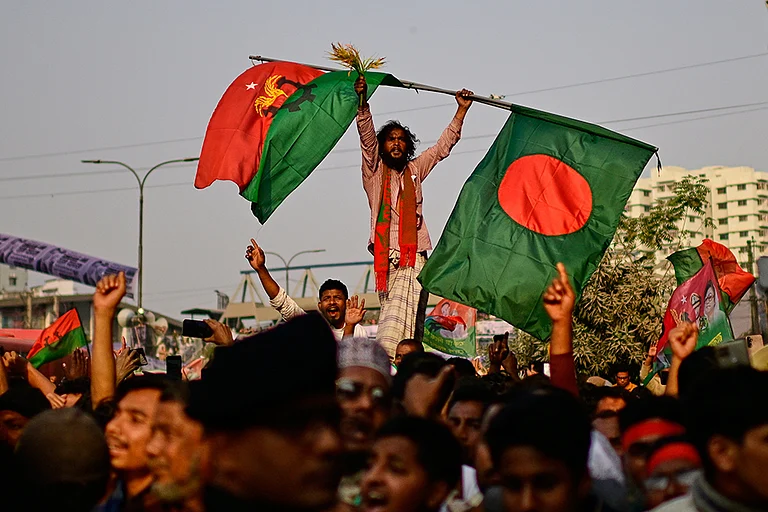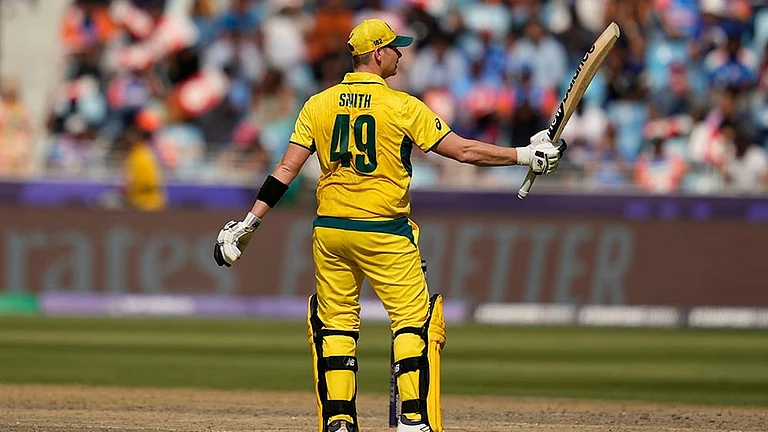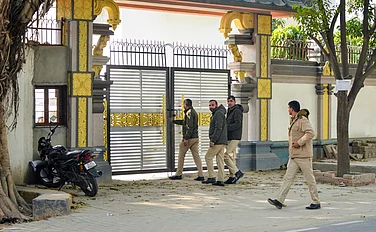A party that has mastered the craft of destabilising and dislodging the opposition governments got a taste of its own tactics today when its ally JD(U) walked out of the alliance in Bihar and is set to form a government with the RJD. If anyone expected the ‘resort politics’ one recently saw in Maharashtra, and in several states earlier, it wasn’t to be. The regime change is likely to be smooth, with Chief Minister Nitish Kumar set to induct a new cabinet soon. The change in Bihar, a leading state of Hindi heartland, may have significant repercussions for the national politics.
BJP not invincible
At first, it sends a message that the BJP is not invincible. It has been astute in managing maths and forging alliances, but if others play their cards well and are able to unite the fragmented opposition, the BJP may find it considerably difficult. However, for the BJP’s dislodging in Bihar to have any impact on the 2024 Lok Sabha elections, the JD (U)-RJD government will have to display exemplary performance in the next 20 months. Bihar is an important state in the Hindi heartland, a zone that sends over 220 MPs to Lok Sabha and has been crucial to the BJP’s victory in the last two elections. If the alliance slips a little or is seen indulging in controversies or fights, the BJP may be quick to sense an opportunity.
“It’s good that Nitish Kumar has corrected himself. But a mere change in Bihar is not sufficient. The question is what the alternative agenda to the BJP is?” former MP Ali Anwar told Outlook. He was a Rajya Sabha MP on the JD(U) ticket for two terms and resigned the night Nitish left the RJD alliance and joined hands with the BJP in 2017. “It will have a national impact only when they don’t limit themselves to the formation of the government, but offer an alternative economic and social agenda. There’s a need to create a public movement,” he said.
Nitish’s another stab at national politics
It can be seen as a fresh stab by Nitish Kumar at national politics. His secular credentials have not received any dent despite years of alliance with the BJP, making him an acceptable face for various opposition parties. In July 2017 historian Ramachandra Guha had famously termed him “a genuine leader in India”. Since he was “a leader without a party,” Guha said, the Congress should ask him to lead the UPA. Ironically, a fortnight later Nitish dumped the Mahagathbandhan and formed the government with the BJP in Bihar.
For all his decades in politics, Nitish has maintained a rare ability to form alliances with archrivals without much baggage. He has been the Chief Minister of Bihar since 2005, except for nine months between May 2014 and February 2015, when he resigned taking moral responsibility for the 2014 LS poll defeat and installed Jitan Ram Manjhi as the CM, before again returning to the helm.
And yet, he has never won Bihar single-handedly. He was part of the victorious team in the last four elections, 2005, 2010, 2015, and 2020—all in alliances. Thrice with the BJP and once with the Mahagathbandhan. Nitish has been archrivals with both Lalu Yadav and Narendra Modi, and yet has not been able to do without them. Even at present, his party with 45 seats is far behind BJP’s 77 and RJD’s 79 seats. It makes a rare occasion when a state leader with some 40 percent fewer seats continues to remain the CM. The brand Nitish has transcended his state without enough seats or cadres.
What made it possible? One can turn to Sankarshan Thakur’s The Brothers Bihari. “The Kurmis of Bihar are a bit like India’s communists—their impact on politics and public discourse is vastly disproportionate to their small numbers. They account for less than 4 percent of the population but they have carved out a space for themselves in the opinion and decision-making vanguard.”
Nitish & Modi: Rivalry Redux
The break-up with the BJP may also renew his old rivalry with Narendra Modi. In 2013, when he was in an alliance with the NDA and it seemed that the BJP would appoint the Gujarat Chief Minister as its prime ministerial candidate, he had asked the BJP to choose a ‘secular and acceptable’ candidate. When the party paid little heed to him, he broke away with a solid attack on Modi, only to return to the NDA in 2017. Now with the Bihar Chief Minister and the Indian Prime Minister again on the opposite sides, it may mark a new turn in the rivalry with national ramifications.


























